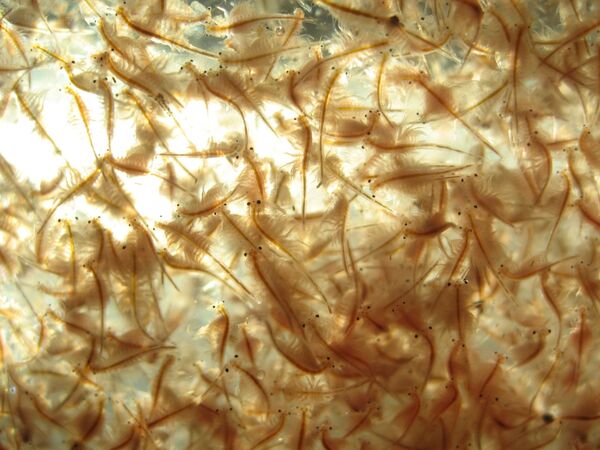Increasing CO2 levels in water decrease the hatching success of brine shrimp
(1) Clover Hill High School , (2) Midlothian Family Practice
https://doi.org/10.59720/23-201
Increasing CO2 levels in the oceans due to global warming leads to CO2-induced ocean acidification. When ocean acidity levels rise from additional CO2, it can lead to the endangerment of many crustaceans whose shells may dissolve with the decreasing pH. Through a model of ocean acidification, our study explores the extent to which increasing CO2 levels affect the hatching success of Artemia sinica, commonly known as brine shrimp. We hypothesized that as CO2 levels in the tank increased, the hatching
success of the brine shrimp would decrease. We added increasing numbers of CO2 tablets to tanks to acidify the water in tanks that each contained ten replicates of brine shrimp eggs, and after four days, we quantified the number of hatched brine shrimp. We found that the brine shrimp exposed to the lowest amount of CO2 had the highest hatching success, and the brine shrimp exposed to the highest amount of CO2 had the lowest hatching success. These data
suggest the need to limit both CO2-induced ocean acidification and CO2 emissions to protect all marine life.
This article has been tagged with: